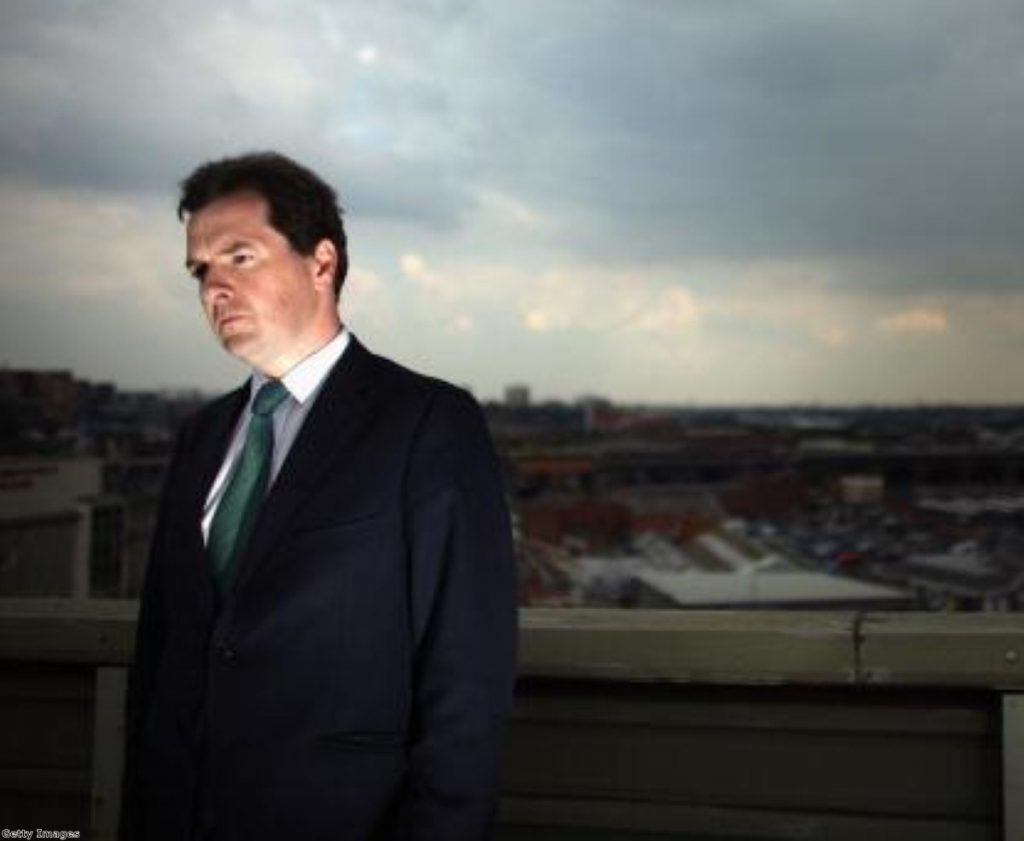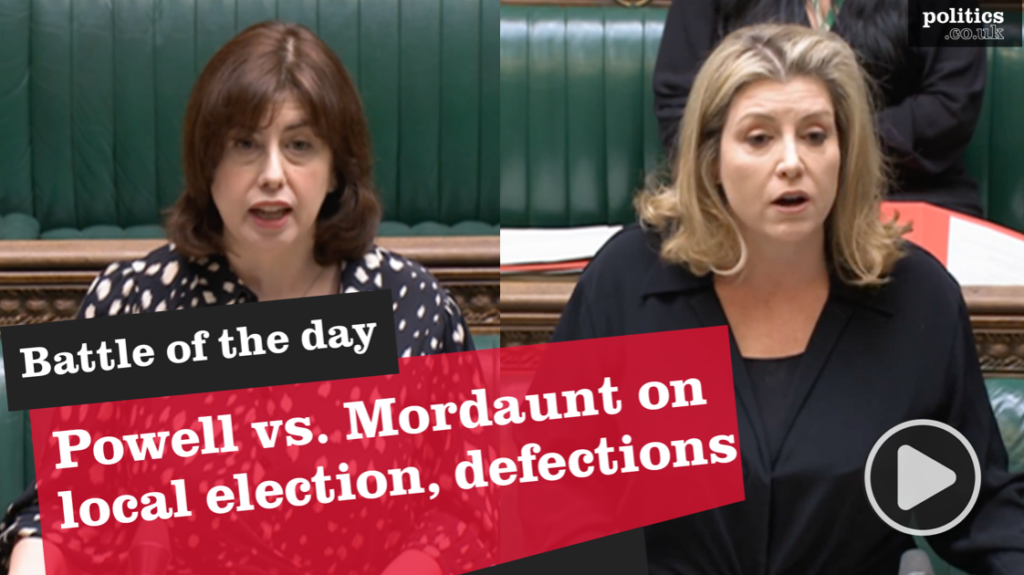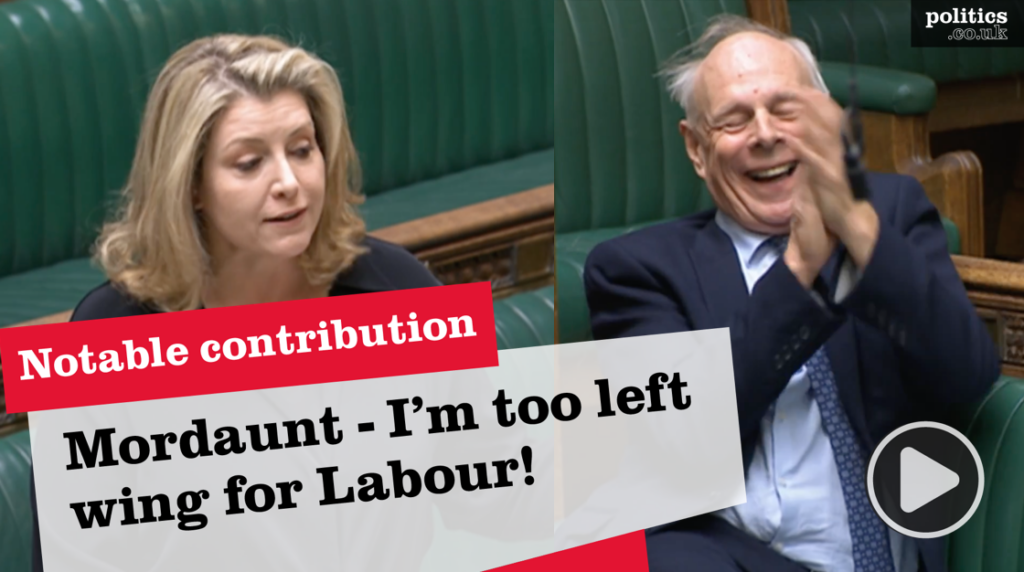Autumn statement sketch: Osborne casts his spell over Britain
George Osborne was displaying more signs than normal of his nervousness before the big occasion. In the final few minutes of prime minister's questions he was as fidgety as a schoolboy about to give his first major speech to a Conservative party conference. He poured himself a glass of water. He straightened his tie. He checked his jacket. He checked his pockets. He made sure his shirt was tucked in. He checked his tie. He flicked through the pages of his statement, each leaf on posh off-white paper with the Treasury letterhead at the top of each page. He straightened his tie.
The usual slightly jaunty knockabout partisan jousting atmosphere, a leftover from a largely uneventful PMQs, carried straight on into Osborne's statement. His very first sentence – "It's taking time, but the British economy is healing" – prompted a wall of laughter from Labour MPs. It didn't help that the chancellor's opening spiel was littered with lazy, crass clichés – "it is a hard road", etc. Speaker John Bercow spent a full minute rebuking the opposition benches for laughing so loudly. "Mr Speaker, Britain is on the right track," Osborne resumed. The Labour benches laughed even louder.
As the numbers rained down on MPs, that dulled stasis of hundreds of brains struggling to cope became almost palpable in the stuffy atmosphere of the chamber. One of the advantages of putting back austerity by a year, Osborne pointed out, was that "those who object have to say whether they'd have high taxes, or borrowing, or both". Ed Balls, the shadow chancellor, simply shook his head.
Balls adopts a rather unsubtle approach to his job on these occasions. "These tax measures," Osborne declared at one stage, "will by welcomed by all." Balls, cutting across an otherwise silent Commons, simply observed: "They won't." He joked with his pal Ed Miliband to his right, and simply nodded curtly to Harman on his left. "OK," he muttered, when she suggested something helpful. He was busy texting someone at the time.
Miliband and Balls did not seem to have their usual impact on the government speaker; David Cameron is famous for getting riled by Balls, but Osborne is a tougher nut to crack. So the Labour pair focused their efforts on Nick Clegg during the section when the chancellor explained why the Liberal Democrats' mansion tax was such a bad idea. Clegg looked deeply uncomfortable, a change from his default bored setting.


The Lib Dems did not put in the performance they were supposed to today. Their two meagre rows in the Commons were supposed to have put in a big cheer when news of the personal allowance increase for income tax was unveiled. Some tried to wave their order papers, others bellowed away. But they simply lack the numbers to make a big impact. It was a ragged volley of enthusiasm which was fired by the party's MPs. A big contrast with the broadsides of approval boomed out by the Conservative party when Osborne announced corporation tax was falling once again.
The only real shift in the mood of the chamber came when the chancellor began explaining the real-terms cuts to benefits. A kind of chill seemed to settle over the Commons as Osborne laid out his plans. "I hope it commands the mood of all sides of the House," the chancellor said combatively. There was no glimmer of amusement in Balls' eye as he looked back. "No," he said, lips pursed, a look of hatred flickering across his face. Labour is going to fight this one all the way.
This was an autumn statement packed with woe and misery, but Osborne had done such a good job of spinning his way into a position of marvellousness that he felt he had to apologise for overdoing it. "I do not want to distract from the difficult economic conditions we face," he said sheepishly somewhere near the end. The substance of his speech may have concentrated on the good news, but those following him carefully will not. "People can see the true scale of the government's economic failure," Balls began in his response. The government's MPs simply fell about in derision. For them, Osborne's spell remained unbroken.












